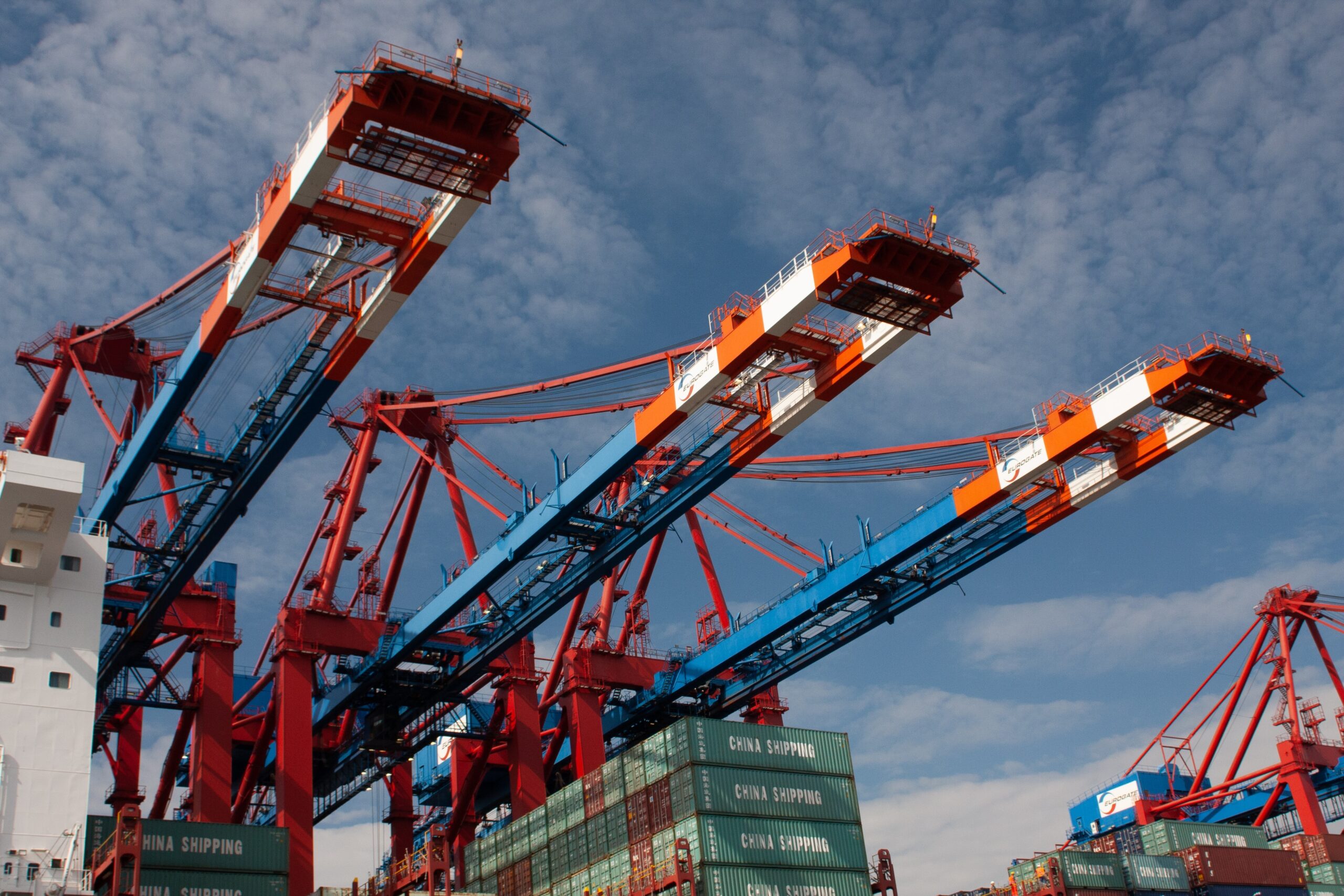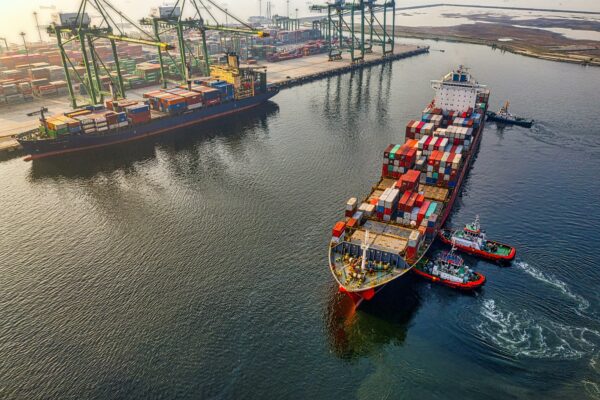Beyond rates: Why it’s time for the value of freight forwarders to evolve
May 02, 2023
Scroll to find out more
May 02, 2023
Scroll to find out more

When supply chains go wrong, the first port of call for support is often a freight forwarder – they provide the expertise, contacts and insights to help shippers balance competing pressures on their supply chains. The need for closer collaboration between shippers and forwarders has grown through the supply chain volatility of the last three years as shippers manage changing capacity, longer lead times and port congestion.
However, in practice, many shippers and forwarders end up focused on just one thing – rates.
Rates have been, understandably, top of mind for businesses as the most visible element of supply chain costs, especially when reaching the record heights seen in the pandemic. But focusing solely on the top-line cost of logistics risks missing out on a range of other ways in which forwards can – and should – be supporting their customers. We sat down with James Fry, Director of Solutions Consulting and Taylor Burge-Paxson, Senior Customer Success Manager at Zencargo on a recent episode of our podcast Freight to the Point to explore the wider scope for freight forwarder value and the impact this can have on customers.
In the traditional view of freight forwarding, transport is transport – as Taylor puts it on the podcast, ‘it really treats transportation services as a homogeneous commodity’. However, in the modern supply chain landscape, with an ever evolving mix of modes, tracking methods, planning strategies and technology-led implementation, the notion that all transport is the same, but for the price, is looking increasingly outdated.
Today, there are objectively measurable outcomes that derive from the quality of logistics services that go far beyond rates. Purely transactional relationships between shippers and forwarders, focused only on cost, risk overlooking the value-added services potential of a truly strategic partnership.
These services include improved service levels, shorter dwell times and lead times, consolidation opportunities, optimised transport modes, route planning, and carrier selection balancing cost and service needs. Meanwhile, freight forwarders have a key role to play in leveraging technology in the delivery and optimisation of logistics services – meaning that a lack of strategic alignment on technology may lead to missed opportunities for automation, reduced internal workloads, improved visibility, and overall easier operations for cross-functional teams.
Once, freight forwarder-shipper relationships were pretty simple – forwarders handled the movement of goods, while shippers handled the business at large. The pandemic, however, revealed just how interconnected those two sides are – even always have been. In doing so, it also revealed the risks of managing the two dependencies are separate concerns.
COVID-induced supply chain disruptions such as the Suez Canal blockage, Yantian Port crisis, and congestion in US and EU ports put supply chain management in the spotlight as companies dealt with higher freight costs and extended lead times. These events slowed down inbound goods, added additional costs and changed the calculations for demand planning – all major concerns for shippers looking to maintain inventory levels, margins and customer service standards.
As the pandemic subsides, new economic forces like high inflation and soaring energy costs have shown the need to work more closely with forwarders. As Burge-Paxon explains, ‘Shippers are now shifting their focus from those more transactional price focus relationships and are looking for long-term freight forwarding partners that align with their strategic business objectives and are aiming to build a more resilient supply chain overall.’
Key focus areas should include:
Moving beyond a transactional relationship starts with a shift in focus. Traditional, limited freight forwarding looks at the end of the supply chain, solely executing the delivery of goods from origin to destination. But by looking at the end-to-end journey, backed up with the right data and visibility, forwarders can offer broader value at each stage, using data and insight from one area to improve the others.
Technology is key to achieving a value-driven relationship – working with email chains, spreadsheets and outdated information limits the ability of shippers and forwarders to understand, quantify and address pain points and opportunities. Digital freight forwarders, such as Zencargo, are able to use real-time supply chain management platforms that collate information from purchase orders, suppliers, manufacturers and transport partners to collaborate more effectively, catching issues as they arise and measuring the impact of strategies.
Working with a modern forwarder should include:
By creating a holistic workflow with a freight forwarders, shippers can realise tangible business benefits beyond operational execution of logistics services, impacting the wider business performance, including:
Using end-to-end order visibility to improve inventory management and reduce lead times, positively impacting working capital through targeted and timely ordering. Meanwhile, better visibility of supply-side data and improved forecasting accuracy enable shippers to make more informed decisions, improving cash flow management.
Improved Revenue and Service:
Improved collaboration between manufacturers, carriers and commercial teams based on accurate, real-time data can help shippers reduce buffer times and improve OTIF rates, reducing stockouts and enabling faster responses to market changes to capitalise on opportunities.
Data-driven relationships enable shippers and forwarders to identify and implement sustainable practices, such as route optimization and modal choices, reducing their carbon footprint. This can also help shippers ensure compliance with environmental regulations and customer-demands, helping them avoid penalties and align their business model with consumer values.
By leveraging freight forwarders’ data and performance insights for identifying and implementing cost-saving opportunities, shippers can gain more control over their supply chain expenses, understanding cost drivers and making quantifiable decisions over landed costs, prioritising reliable suppliers and optimising containers and consolidation for cost.
In today’s fast-moving environment, getting the most out of your supply chain is a collaborative process. The sheer volume of data, suppliers, risks and dependencies requires the ability to track, analyse and act on supply chain data at a wide scale in real time. That’s why Zencargo is the chosen supply chain partner for some of the world’s fastest growing businesses.
We act as an extension of clients’ teams to help them understand and optimise every step of their network in real time, working from order to delivery to ensure that every step of the supply chain is contributing to overall business success, backed up by our award-winning supply chain platform.
To find out more about how the right support can help you succeed, get in touch with our team today.

If you’re looking for a partner who can support you through 2024, and beyond, w...

Last updated: Monday 3pm BST On Friday 19th July, an unprecedented global issue...
